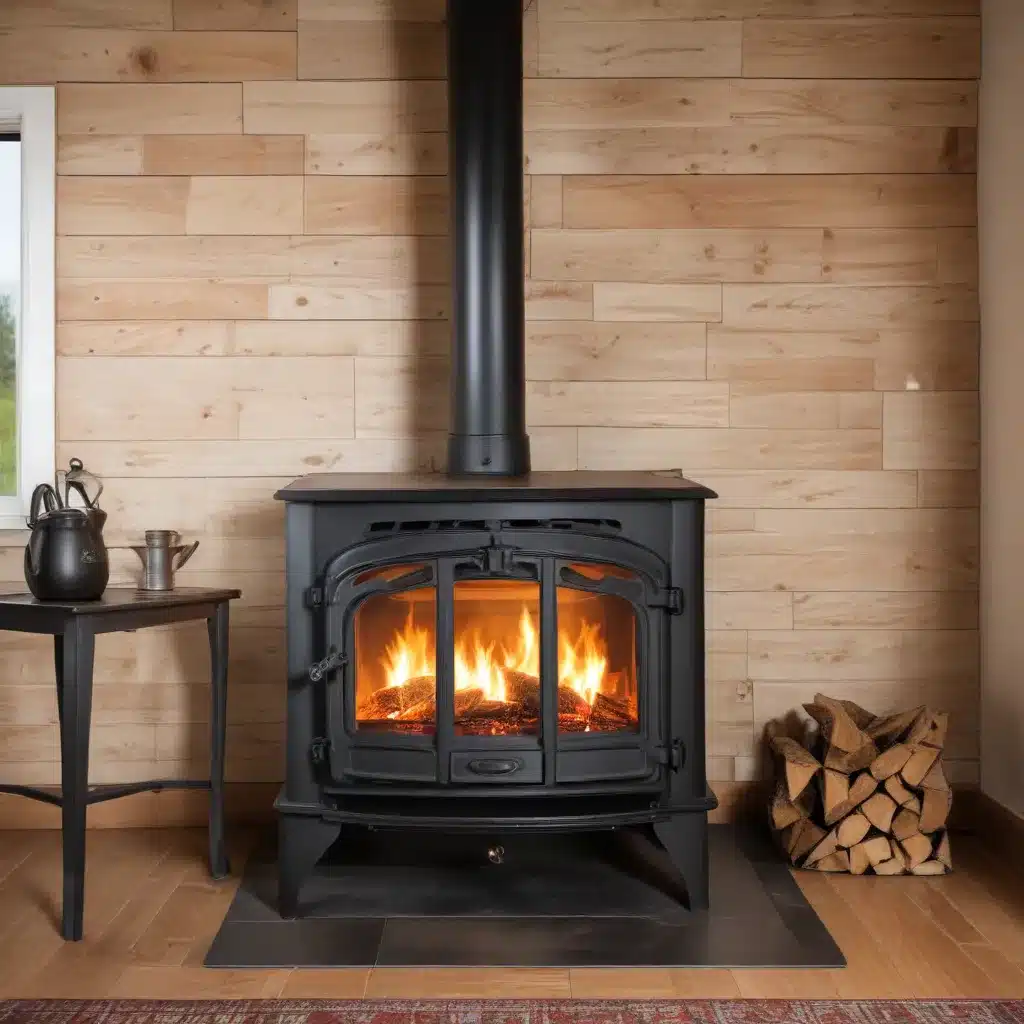
Understanding the Importance of Building Codes and Permits
As a seasoned expert in wood stoves and heating solutions, I’ve witnessed firsthand the critical role that building codes and permits play in ensuring the safety and longevity of a home’s heating system. Adhering to proper building safety codes and standards can prevent thousands of accidents each year and save homeowners significant repair costs. Proper knowledge of building codes and the importance of permits and inspections can help homeowners avoid costly mistakes and ensure their projects are safe and compliant.
Building safety professionals are lifelong learners, constantly adapting to new codes and building materials. Similarly, homeowners must continue to stay informed about their properties to ensure longevity and safety. Understanding the reasons behind permits and knowing when to obtain them is crucial. Permits are not just logistic hurdles; they are safeguards that, if obtained and followed correctly, can prevent potentially deadly situations, such as dangerous gas leaks from improperly installed water heaters.
It’s important to note that not all home improvements require permits. For instance, replacing windows without altering structural elements typically doesn’t need one. Knowing these nuances can save you time and money while ensuring compliance with local regulations. Additionally, insurance companies will require that the work done on your home is inspected and approved. If you install a wood stove without proper inspection and it causes a fire, your insurance may deny the claim. Therefore, always ensure that any home repairs or installations are permitted and inspected to avoid financial loss.
Verifying Contractor Credentials and Preparing for DIY Projects
Before hiring a contractor, it’s essential to verify their credentials. Doing your due diligence helps ensure you hire a reliable professional and avoid future problems. DIY home improvement projects can be rewarding, but they require thorough preparation. Without the right knowledge and tools, you might end up causing more harm than good. To ensure the safety and quality of a project, it’s often best to leave complex projects to professionals. However, if you do choose to DIY, consider working with your local building department to ensure you meet building safety codes and standards.
Preventing Heating-Related Health Hazards
One of the most critical aspects of wood stove safety is preventing heating-related health hazards. Carbon monoxide poisoning is a serious risk with improper home heating. A homeowner using a wood stove without proper ventilation may experience dangerous carbon monoxide levels. Installing carbon monoxide detectors and ensuring proper ventilation are critical measures to protect your family’s well-being.
Another potential hazard to be aware of is radon, a naturally occurring gas that can be more dangerous than many homeowners realize. Historic homes, in particular, may have elevated radon levels. Installing a radon detector, similar to a smoke detector, can help monitor and mitigate this risk, protecting your family from potential cancer-causing exposure.
Maintaining and Upgrading Your Wood Stove Safely
Proper maintenance and upgrades are essential for ensuring the safe and efficient operation of your wood stove. Regular inspections of home utilities can prevent significant issues. Checking for leaks, rust, and ensuring efficient operation can extend the lifespan of your wood stove and prevent unexpected breakdowns.
When considering upgrades or modifications to your wood stove, it’s crucial to understand the local building codes and regulations. Proper separation of fire-rated materials is necessary to prevent potential fire hazards and ensure compliance with safety codes, especially if the area surrounding the wood stove is used for additional living space.
Understanding Your Home’s Utility Systems
Knowing your home’s utility systems is essential for effective management and safety. For example, understanding whether your home has a gas line and how to shut it off can prevent dangerous situations during home repairs or emergencies. This knowledge can be particularly important when working with a wood stove, as improper installation or maintenance can potentially compromise your home’s gas or electrical systems.
By staying informed and proactive about building codes, permits, and the safe operation of your wood stove, you can ensure your home remains valuable, functional, and, most importantly, safe for you and your family. Visit the https://woodstoveheaters.com/ website for more tips and resources on wood stove safety and maintenance.
Navigating Insurance Considerations
One often overlooked aspect of wood stove ownership is the impact on homeowner’s insurance. According to FreeAdvice.com, insurance companies will typically require that any wood stove installation is properly permitted and inspected. Failure to do so can lead to complications if a claim arises related to the wood stove, such as a fire.
As discussed earlier, obtaining the necessary permits and approvals is crucial not only for safety but also to ensure your homeowner’s insurance coverage remains intact. Some insurance providers may even require annual inspections or maintenance records to continue coverage for a wood stove. Reviewing your policy and communicating with your insurance provider about your wood stove can help you avoid unpleasant surprises down the line.
Staying Informed and Proactive
Maintaining a safe and efficient wood stove experience requires a proactive approach from homeowners. By understanding building codes, obtaining proper permits, verifying contractor credentials, and staying on top of maintenance and upgrades, you can ensure your wood stove provides reliable, sustainable heating for your home while minimizing risks.
Remember, building safety is a shared responsibility between professionals and homeowners. By staying informed and taking the necessary precautions, you can enjoy the warmth and ambiance of your wood stove without compromising the safety and value of your home. Visit https://woodstoveheaters.com/ for more expert guidance on wood stove selection, installation, and maintenance.


